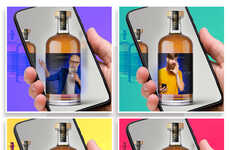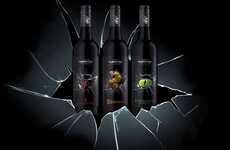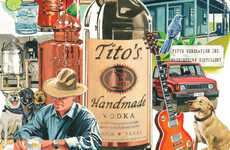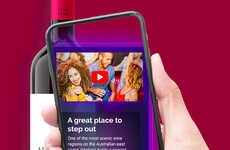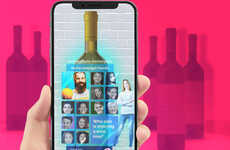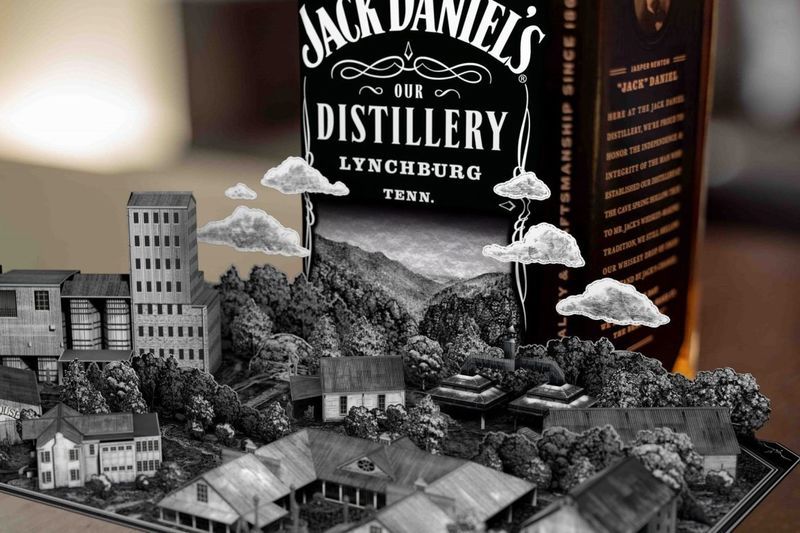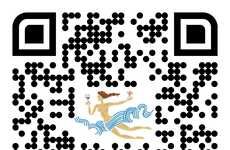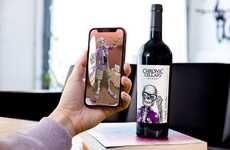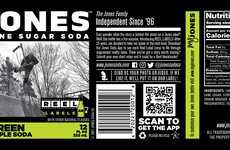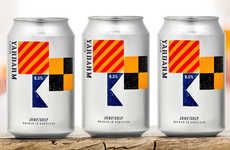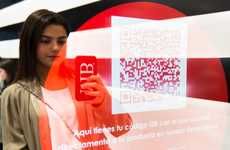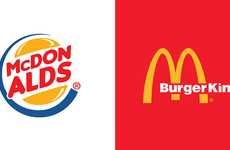
Jack Daniel's Creates an Augmented Reality Story Book
References: jackdaniels & venturebeat
Story-based education has a powerful implication when one is trying to relate information to a consumer. The narrative surely provides some creative value to those who are perceiving it. When this method is paired with interactive technology, the content becomes even more impactful.
Jack Daniel's does this really well, as the brand utilizes augmented reality and the label of its product to deliver value to the consumer through an information-packed hands-on experience. The story-based education technique is developed in collaboration with Tactic. Utilizing a mobile application, consumers are able to bring the label of the recognizable Jack Daniel's bottle to life in the form of a pop-up book. The content is not only packed with mesmerizing visuals but also with information on whiskey manufacturing, the origin of the brand and more.
Jack Daniel's does this really well, as the brand utilizes augmented reality and the label of its product to deliver value to the consumer through an information-packed hands-on experience. The story-based education technique is developed in collaboration with Tactic. Utilizing a mobile application, consumers are able to bring the label of the recognizable Jack Daniel's bottle to life in the form of a pop-up book. The content is not only packed with mesmerizing visuals but also with information on whiskey manufacturing, the origin of the brand and more.
Trend Themes
1. Story-based Education - Brands can create more impactful content by combining storytelling with interactive technology.
2. Augmented Reality Labels - Augmented reality labels can be used to provide consumers with an immersive and educational experience.
3. Information-packed Hands-on Experience - Consumers are looking for engaging and informative experiences that provide value beyond the product itself.
Industry Implications
1. Alcohol Industry - Alcohol companies can use augmented reality labels to stand out in a crowded market and educate consumers about their products.
2. Consumer Goods Industry - Consumer goods companies can use augmented reality labels to create interactive and educational product packaging that enhances the overall customer experience.
3. Technology Industry - The development of new augmented reality technologies provides opportunities for innovation in industries such as advertising and education.
6.9
Score
Popularity
Activity
Freshness

